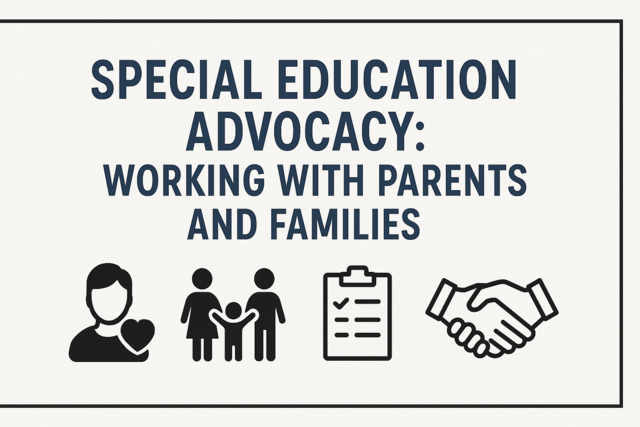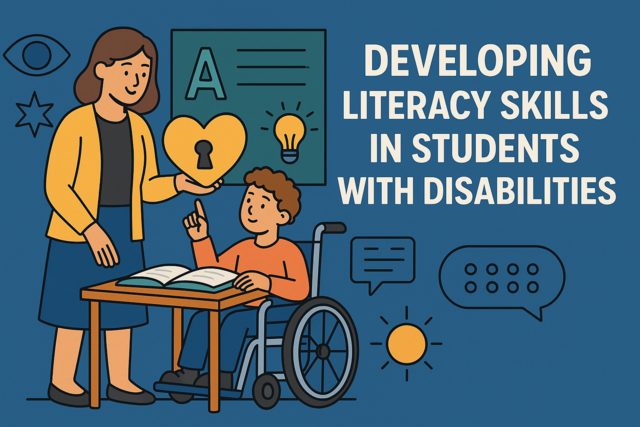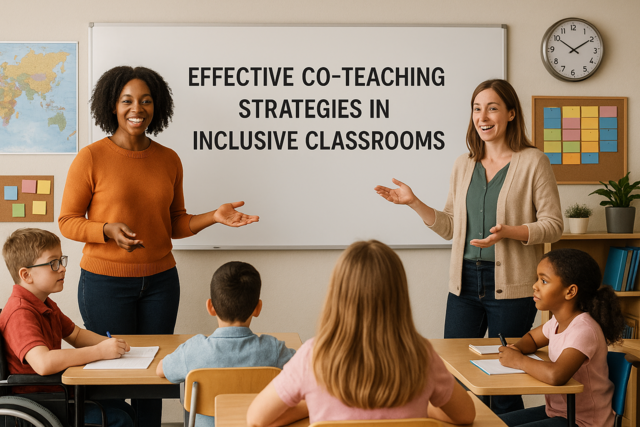Online Class: Advancements in Neurodivergent Education Methods

no certificate
with CEU Certificate*
-
15Lessons
-
22Exams &
Assignments -
3Hours
average time -
0.3CEUs
Course Description
Step into a world where every unique mind is celebrated and every educational barrier dissolves into a pathway of opportunity. "Advancements in Neurodivergent Education Methods" is not just a course; it's a journey that redefines the traditional landscape of learning and paves the way for a brighter, more inclusive future. Imagine a space where neurodiversity isn't just acknowledged but is at the very heart of educational innovation. Here, you'll not only learn techniques and theories but also catalyze a transformation in educational settings that embraces the full spectrum of human cognition.
In contemporary education, the need for embracing neurodiversity is becoming not merely an option but an imperative. This course beckons you to take part in a revolution that honors the individuality of every learner. Get ready to be equipped with cutting-edge methods that transform how knowledge is imparted across diverse cognitive styles.
Picture yourself, empowered with strategies that transcend the conventional classroom, leaving behind rote memorization and one-size-fits-all assessments. You will delve into Universal Design for Learning principles, learning to craft curricula that not only accommodate but celebrate the rich tapestry of neurodivergent learning styles. Imagine the satisfaction of watching every learner succeed through innovative teaching techniques that honor their unique path.
This isn't just about adding tools to your professional toolkit; it's about transforming perspectives and reshaping futures. By adopting communication methods tailored to diverse learners and incorporating assistive technologies like text-to-speech software, you're doing more than teaching—you're enabling voices to be heard and talents to shine. The future of education relies on breaking the mold, and through this course, you'll stand at the forefront of this movement.
Envision a classroom where creativity thrives, learner engagement soars, and assessments become vibrant expressions of student understanding rather than mere examinations of memory. With the advancement of neuroscience at our fingertips, you'll explore how neuroscience tools like fMRI can be leveraged to create deeply personalized and effective educational experiences. By designing curricula that address distinctive brain patterns of neurodivergent students, you'll foster an environment that doesn't just accommodate differences but builds upon them.
You will be part of a global shift, influencing inclusive policies and shaping future-ready schools where diverse cognitive abilities are celebrated. From differentiated instruction to sensory-friendly learning environments, your classroom will become a beacon of inclusion, setting new standards in educational spaces.
This course is more than just a shift in teaching dynamics; it's a pivotal change in understanding what education can be. Rediscover the potential that lies in viewing neurodivergent traits as the unique strengths they are. Evolve from an educator to an advocate, ensuring that every student's potential is seen, nurtured, and allowed to flourish.
Join us, as we cast a vision that expands beyond classroom walls and into society itself. You will pave the way for systemic changes that appreciate neurodiversity, impacting everything from policy-making to social skills cultivation. This course positions you to be a champion of change—a leader in educational equity and a pioneer in creating inclusive learning environments that cater to and capitalize on the distinct talents of every learner.
Embark on this transformative journey with us, where learning is tailored, inclusion is a certainty, and every student has the opportunity to succeed. "Advancements in Neurodivergent Education Methods" will not only transform your professional practice but will also redefine the impact you have on each student's educational journey. Enroll today, and become an integral part of the future of education that promises a world where every learner's potential is not just recognized—but realized.
- Completely Online
- Self-Paced
- 6 Months to Complete
- 24/7 Availability
- Start Anytime
- PC & Mac Compatible
- Android & iOS Friendly
- Accredited CEUs

Course Lessons
Lesson 1. Teaching with Neurodiversity in Mind: Strategies for Success
The implementation of Universal Design for Learning principles within curricula allows educators to accommodate diverse neurodivergent learning styles by customizing communication, engagement, and assessment strategies. Inclusive teaching practices that value neurodiversity encourage students to embrace their unique learning paths, resulting in enriched educational experiences.Lesson 2. Inclusive Strategies for Diverse Learners
Communication and executive function challenges among neurodivergent students necessitate innovative teaching strategies. By adopting diverse communication methods and supporting organizational skills, educators can enhance students' ability to express themselves and succeed academically.Lesson 3. Diversified Assessments: Empowering All Learners
Assistive technology plays a crucial role in enhancing learning experiences in inclusive classrooms, offering accessibility and accommodating varied learning styles. Programs such as text-to-speech software and alternative communication devices not only support neurodivergent individuals but also contribute to a richer learning environment for all students.Lesson 4. The Role of Technology in Neurodivergent Education
Innovative educational settings designed for neurodivergent learners capitalize on their distinct abilities, such as problem-solving and creativity. By implementing customized assessments and sensory-friendly environments, schools ensure all students can demonstrate their true capabilities.Lesson 5. Celebrating Neurodivergent Potential: Shaping Future-Ready Education
Incorporating elements of Universal Design for Learning, educators are moving away from standardization towards valuing varied intelligence forms in the learning process. Schools are adopting inclusive policies informed by neurodiversity, ensuring that educators are well-prepared to support all students effectively.Lesson 6. The Evolving Educational Landscape: Embracing Neurodiversity for All Learners
Through neuroscience advances, we now design curricula addressing neurodivergent students’ distinctive brain patterns, using specialized tools like fMRI, sensory accommodations, and adaptive technologies to foster inclusive classrooms. This approach empowers educators to create personalized learning pathways that celebrate diverse cognitive abilities and lay the groundwork for universal educational equity.Lesson 7. Celebrating Neurodiversity: From Classroom to Society
Schools embracing neurodiversity create adaptive learning environments that cater to sensory needs and cognitive styles, supporting neurodivergent students through individualized plans and differentiated instruction. This approach fosters an inclusive community where diverse talents contribute to academic and social achievements.Lesson 8. Education for the Neurodivergent: Beyond Traditional Models
Assistive technology bridges gaps for neurodivergent students, empowering them with tools like text-to-speech software and digital simulations. By creating adaptable, supportive classroom environments, educators can harness students' unique strengths, fostering inclusion and engagement.Lesson 9. Understanding Executive Functioning in Neurodivergent Students
Highlighting essential executive functions helps educators create adaptive teaching strategies that enhance the learning experiences of neurodivergent students. These strategies include breaking tasks into manageable steps and offering structured flexibility to foster better cognitive adaptability and self-regulation.Lesson 10. Personalized Education Paradigms: Tailoring Communication for Student Success
Recognizing neurodiversity means acknowledging varied learning profiles like autism, ADHD, and dyslexia, each requiring unique communicative approaches. An inclusive classroom leverages written instructions, visual tools, and adapted technologies to reduce uncertainty and optimize learning.Lesson 11. Embracing Neurological Differences: The Role of Neurodiversity in Emotional Regulation
The concept of neurodiversity advocates for recognizing the distinct emotional regulation patterns of neurodivergent individuals as variations rather than deficits in brain function. By tailoring educational environments with tools like sensory breaks and organizational apps, educators can facilitate emotional balance and nurture inclusivity.Lesson 12. Redefining Learning Through Neurodiverse Lenses
Neurodiversity celebrates the variance in human neurocognitive functioning by recognizing differences like autism and ADHD not as flaws, but as integral aspects of human diversity. Emphasizing acceptance and integration, especially within educational systems, allows diverse learners to thrive in environments that prioritize their unique strengths.Lesson 13. Celebrating Unique Minds: Assessment Strategies for Neurodivergent Students
Observation and portfolio-based assessments enable a shift from traditional methods, allowing students to showcase knowledge in a less pressured environment. These methods empower students by integrating their strengths and interests into their learning journey, promoting self-awareness and motivation.Lesson 14. Embracing Neurodiversity: A Collaborative Path Forward
Parents and caregivers facilitate social skill development by organizing activities around a child's interests, such as exploring dinosaurs in a social setting. These supportive experiences enhance communication and collaboration, nurturing essential social skills within enjoyable contexts.Lesson 15. Dismantling Barriers in Neurodivergent Education
Assistive technologies, such as text-to-speech and speech-to-text applications, empower autonomy among neurodivergent students by enhancing literacy skills and educational access. The adoption of these tools results in significant academic success and builds self-sufficiency.
Learning Outcomes
- Define neurodiversity and explain its significance in modern education, focusing on conditions like ASD, ADHD, and dyslexia.
- Describe how personalized educational methodologies can leverage the strengths of neurodivergent students, using examples such as adaptive learning environments and assistive technology integration.
- Describe how neurodivergent learners' unique sensory processing characteristics can influence their classroom experience and demonstrate the ability to create flexible environments to accommodate these needs
- Identify diverse teaching methods and materials that cater to the varied cognitive profiles of neurodivergent students, demonstrating the ability to adapt lesson plans to capitalize on students' strengths
- Define neurodiversity and its importance in inclusive education by accurately describing how it recognizes neurological differences as natural variations.
- Demonstrate understanding of Universal Design for Learning (UDL) principles by developing alternative educational strategies tailored to diverse neurotypes.
- Define the unique characteristics and educational needs of various neurodivergent conditions to tailor differentiated learning strategies effectively.
- Demonstrate the ability to apply innovative educational methods and technologies to accommodate and enhance neurodivergent students' learning experiences.
- Define neurodiversity and explain its importance in creating inclusive educational environments, focusing on the strengths and needs of neurodivergent learners.
- Describe strategies within the Universal Design for Learning (UDL) framework that educators can implement to support diverse learning styles and foster inclusive classrooms for neurodivergent students.
- Demonstrate understanding of neuroplasticity and its implications for education by outlining how early interventions, such as phonics-based literacy programs for dyslexic students, can transform educational pathways and contribute to lifelong learning success.
- Identify educational strategies that leverage neurodivergent students' unique cognitive strengths, such as utilizing visual schedules for pattern recognition abilities, and evaluate their effectiveness in enhancing learning outcomes.
- Recognize and describe the key elements of a strengths-based approach to supporting neurodivergent students in educational settings.
- Demonstrate mastery of lesson content at levels of 70% or higher.
Additional Course Information

- Document Your Lifelong Learning Achievements
- Earn an Official Certificate Documenting Course Hours and CEUs
- Verify Your Certificate with a Unique Serial Number Online
- View and Share Your Certificate Online or Download/Print as PDF
- Display Your Certificate on Your Resume and Promote Your Achievements Using Social Media

Choose Your Subscription Plan
No Certificate / No CEUs
This course only
| Includes certificate | X |
| Includes CEUs | X |
| Self-paced |

|
| Instructor support |

|
| Time to complete | 6 months |
| No. of courses | 1 course |
Certificate & CEUs
This course only
| Includes certificate |

|
| Includes CEUs |

|
| Self-paced |

|
| Instructor support |

|
| Time to complete | 6 months |
| No. of courses | 1 course |
Certificates & CEUs
Includes all 600+ courses
| Includes certificate |

|
| Includes CEUs |

|
| Self-paced |

|
| Instructor support |

|
| Time to complete | 12 Months |
| No. of courses | 600+ |
Certificates & CEUs
Includes all 600+ courses
| Includes certificate |

|
| Includes CEUs |

|
| Self-paced |

|
| Instructor support |

|
| Time to complete | 24 Months |
| No. of courses | 600+ |
Related Courses
-
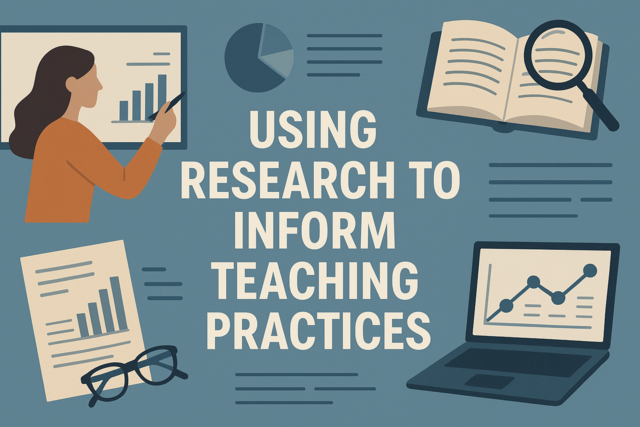 5 hours
0.5 CEUs
Using Research to Inform Teaching Practices
+ More Info
5 hours
0.5 CEUs
Using Research to Inform Teaching Practices
+ More Info
-
 4 hours
0.4 CEUs
Applying Creativity in Everyday Life
+ More Info
4 hours
0.4 CEUs
Applying Creativity in Everyday Life
+ More Info
-
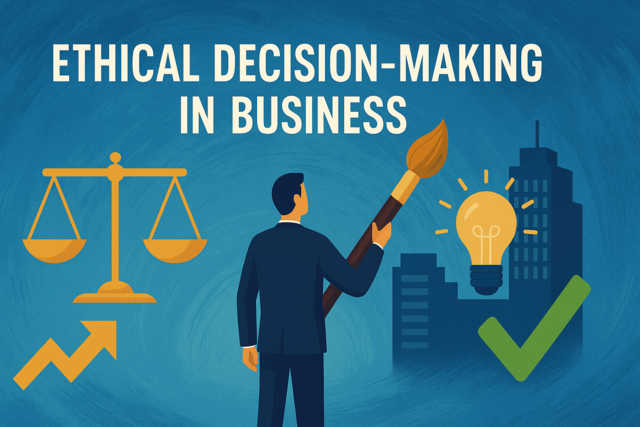 6 hours
0.6 CEUs
Ethical Decision-Making in Business
+ More Info
6 hours
0.6 CEUs
Ethical Decision-Making in Business
+ More Info
-
 4 hours
0.4 CEUs
Embracing Change: Adapting Family Roles Over Time
+ More Info
4 hours
0.4 CEUs
Embracing Change: Adapting Family Roles Over Time
+ More Info
-
 6 hours
0.6 CEUs
The Vogue of Now: An Insight into Modern Fashion Trends
+ More Info
6 hours
0.6 CEUs
The Vogue of Now: An Insight into Modern Fashion Trends
+ More Info
-
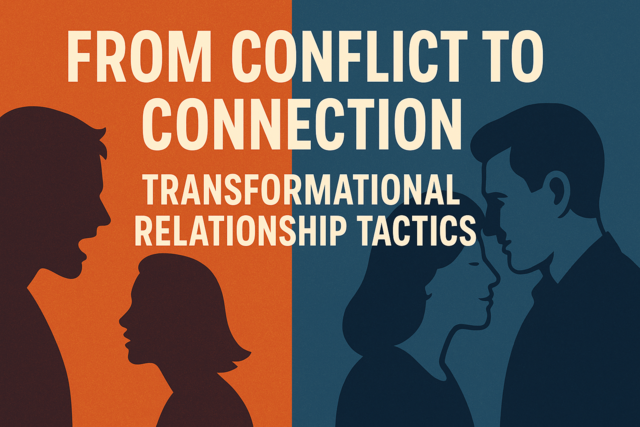 3 hours
0.3 CEUs
From Conflict to Connection: Transformational Relationship Tactics
+ More Info
3 hours
0.3 CEUs
From Conflict to Connection: Transformational Relationship Tactics
+ More Info
-
 4 hours
0.4 CEUs
Sound Healing: Vibrations for Wellness
+ More Info
4 hours
0.4 CEUs
Sound Healing: Vibrations for Wellness
+ More Info
-
 3 hours
0.3 CEUs
Beyond the Veil: Mysteries of Life After Death
+ More Info
3 hours
0.3 CEUs
Beyond the Veil: Mysteries of Life After Death
+ More Info
-
 5 hours
0.5 CEUs
Creating Engaging Online Content
+ More Info
5 hours
0.5 CEUs
Creating Engaging Online Content
+ More Info
-
 6 hours
0.6 CEUs
The New Chic: Redefining Urban Elegance
+ More Info
6 hours
0.6 CEUs
The New Chic: Redefining Urban Elegance
+ More Info
-
 6 hours
0.6 CEUs
Introduction to Minimalist Living
+ More Info
6 hours
0.6 CEUs
Introduction to Minimalist Living
+ More Info
-
 5 hours
0.5 CEUs
Self-Discipline and Motivation Strategies
+ More Info
5 hours
0.5 CEUs
Self-Discipline and Motivation Strategies
+ More Info
-
 7 hours
0.7 CEUs
Self-Care and Wellness Practices
+ More Info
7 hours
0.7 CEUs
Self-Care and Wellness Practices
+ More Info
-
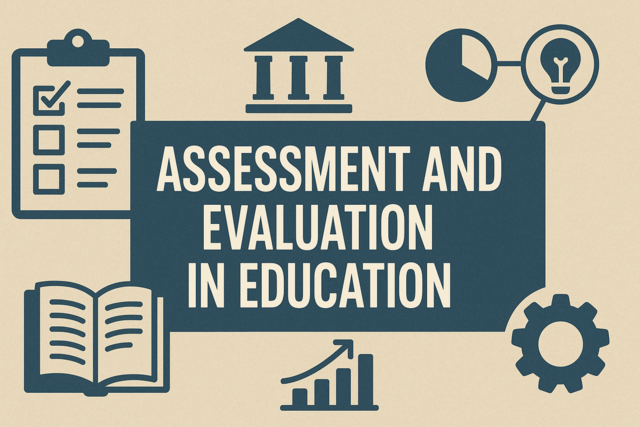 6 hours
0.6 CEUs
Assessment and Evaluation in Education
+ More Info
6 hours
0.6 CEUs
Assessment and Evaluation in Education
+ More Info
-
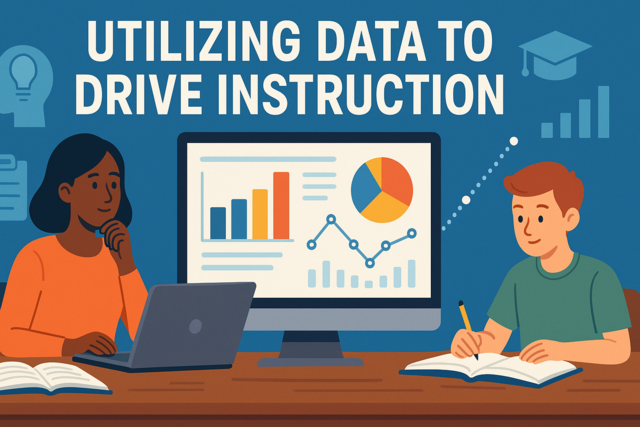 5 hours
0.5 CEUs
Utilizing Data to Drive Instruction
+ More Info
5 hours
0.5 CEUs
Utilizing Data to Drive Instruction
+ More Info
-
 6 hours
0.6 CEUs
Timeless Aesthetics: Navigating Luxury Brand Evolution
+ More Info
6 hours
0.6 CEUs
Timeless Aesthetics: Navigating Luxury Brand Evolution
+ More Info
-
 6 hours
0.6 CEUs
The Art of Dressing: Mastering High-End Menswear
+ More Info
6 hours
0.6 CEUs
The Art of Dressing: Mastering High-End Menswear
+ More Info
-
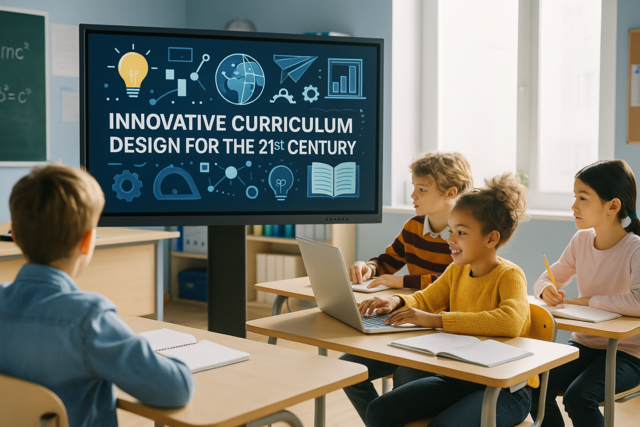 4 hours
0.4 CEUs
Innovative Curriculum Design for the 21st Century
+ More Info
4 hours
0.4 CEUs
Innovative Curriculum Design for the 21st Century
+ More Info
-
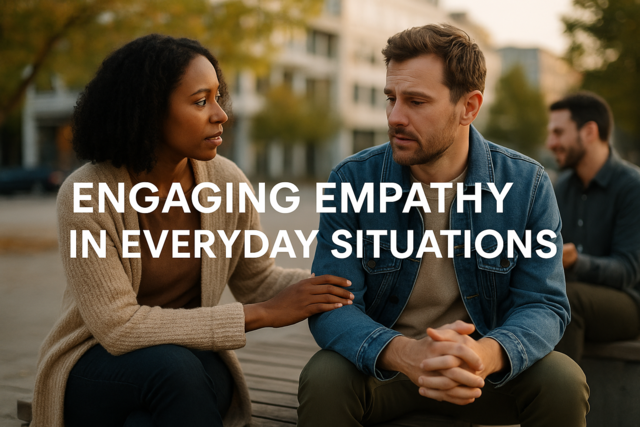 7 hours
0.7 CEUs
Engaging Empathy in Everyday Situations
+ More Info
7 hours
0.7 CEUs
Engaging Empathy in Everyday Situations
+ More Info
-
 3 hours
0.3 CEUs
Agile and Scrum Fundamentals
+ More Info
3 hours
0.3 CEUs
Agile and Scrum Fundamentals
+ More Info
-
 7 hours
0.7 CEUs
Adapting to Change in a Fast-Paced World
+ More Info
7 hours
0.7 CEUs
Adapting to Change in a Fast-Paced World
+ More Info
-
 5 hours
0.5 CEUs
Developing a Growth Mindset
+ More Info
5 hours
0.5 CEUs
Developing a Growth Mindset
+ More Info
-
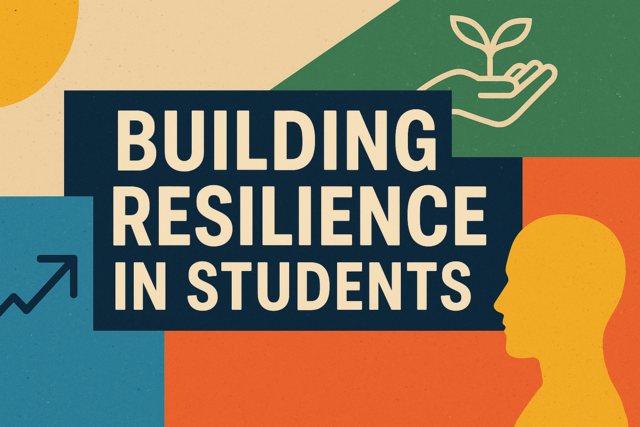 3 hours
0.3 CEUs
Building Resilience in Students
+ More Info
3 hours
0.3 CEUs
Building Resilience in Students
+ More Info
-
 7 hours
0.7 CEUs
Basics of Entrepreneurship
+ More Info
7 hours
0.7 CEUs
Basics of Entrepreneurship
+ More Info
-
 5 hours
0.5 CEUs
Metaphysical Realms: A Journey Beyond
+ More Info
5 hours
0.5 CEUs
Metaphysical Realms: A Journey Beyond
+ More Info
-
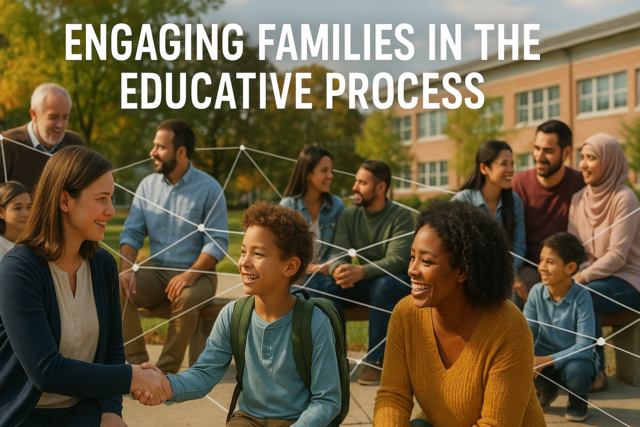 5 hours
0.5 CEUs
Engaging Families in the Educative Process
+ More Info
5 hours
0.5 CEUs
Engaging Families in the Educative Process
+ More Info
-
 7 hours
0.7 CEUs
Stress Less: Mindful Techniques for Family Harmony
+ More Info
7 hours
0.7 CEUs
Stress Less: Mindful Techniques for Family Harmony
+ More Info
-
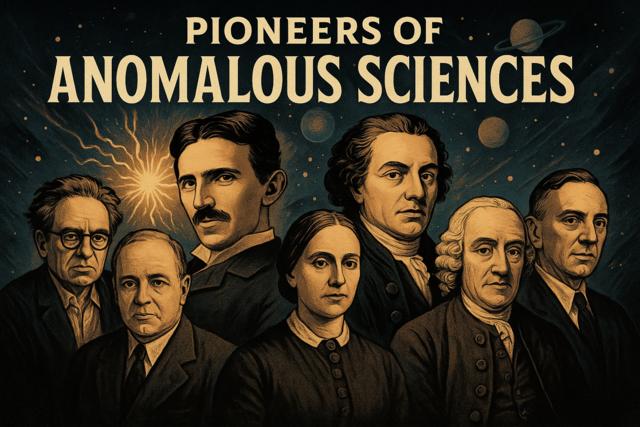 7 hours
0.7 CEUs
Pioneers of Anomalous Sciences
+ More Info
7 hours
0.7 CEUs
Pioneers of Anomalous Sciences
+ More Info
-
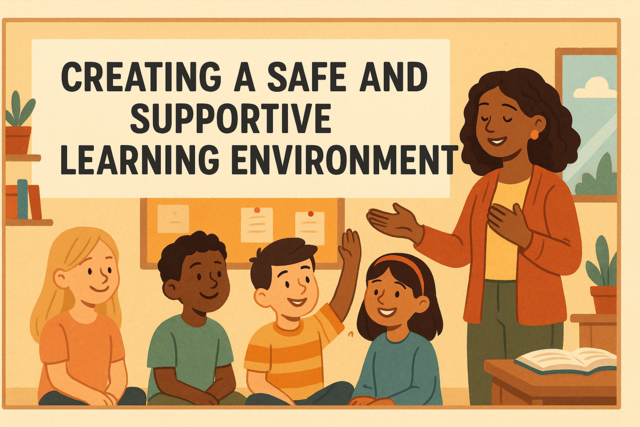 5 hours
0.5 CEUs
Creating a Safe and Supportive Learning Environment
+ More Info
5 hours
0.5 CEUs
Creating a Safe and Supportive Learning Environment
+ More Info
-
 5 hours
0.5 CEUs
The Harmony Hub: Fostering Connection in Busy Lives
+ More Info
5 hours
0.5 CEUs
The Harmony Hub: Fostering Connection in Busy Lives
+ More Info
-
 3 hours
0.3 CEUs
Customer Service Excellence
+ More Info
3 hours
0.3 CEUs
Customer Service Excellence
+ More Info
-
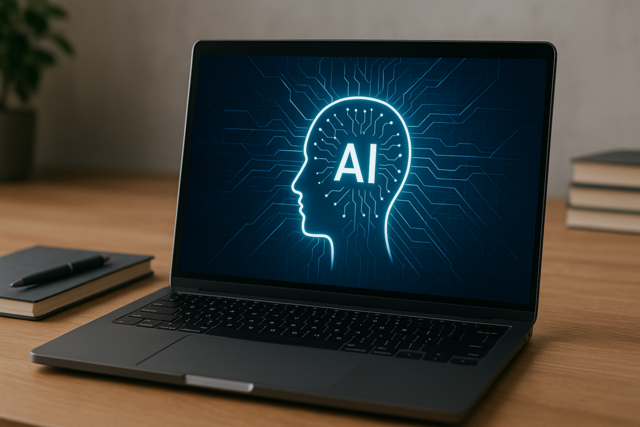 4 hours
0.4 CEUs
Understanding Artificial Intelligence
+ More Info
4 hours
0.4 CEUs
Understanding Artificial Intelligence
+ More Info
-
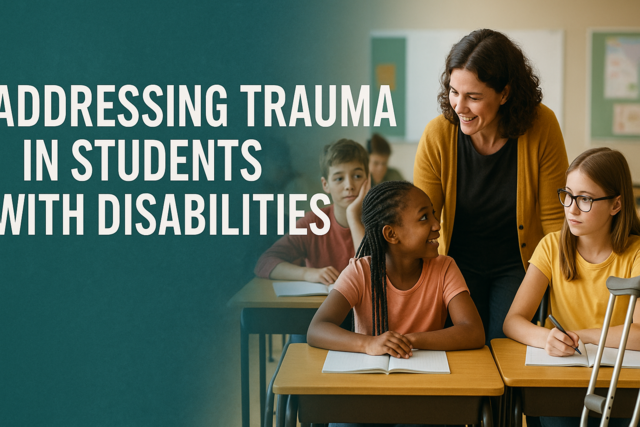 3 hours
0.3 CEUs
Addressing Trauma in Students with Disabilities
+ More Info
3 hours
0.3 CEUs
Addressing Trauma in Students with Disabilities
+ More Info
-
 4 hours
0.4 CEUs
Basic Household Maintenance Skills
+ More Info
4 hours
0.4 CEUs
Basic Household Maintenance Skills
+ More Info
-
 6 hours
0.6 CEUs
Introduction to Graphic Design Tools
+ More Info
6 hours
0.6 CEUs
Introduction to Graphic Design Tools
+ More Info
-
 6 hours
0.6 CEUs
Project Management for Personal Projects
+ More Info
6 hours
0.6 CEUs
Project Management for Personal Projects
+ More Info
-
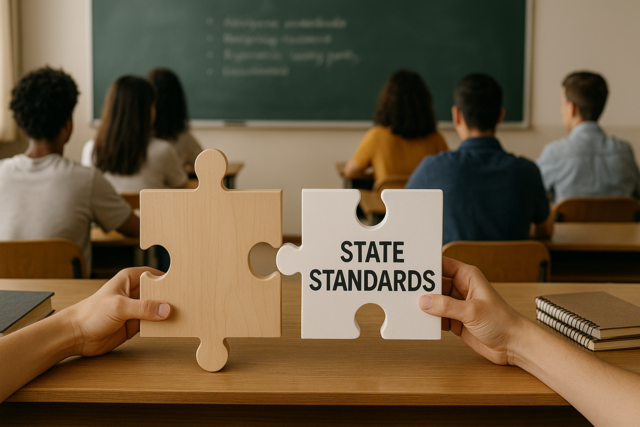 7 hours
0.7 CEUs
Aligning Curriculum with State Standards
+ More Info
7 hours
0.7 CEUs
Aligning Curriculum with State Standards
+ More Info
-
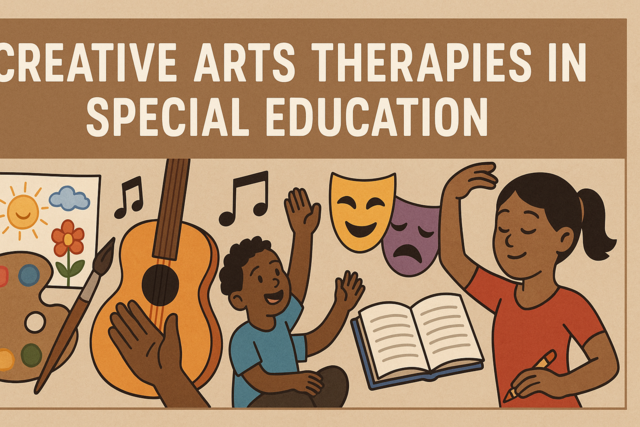 3 hours
0.3 CEUs
Creative Arts Therapies in Special Education
+ More Info
3 hours
0.3 CEUs
Creative Arts Therapies in Special Education
+ More Info
-
 5 hours
0.5 CEUs
Developing a Growth Mindset
+ More Info
5 hours
0.5 CEUs
Developing a Growth Mindset
+ More Info
-
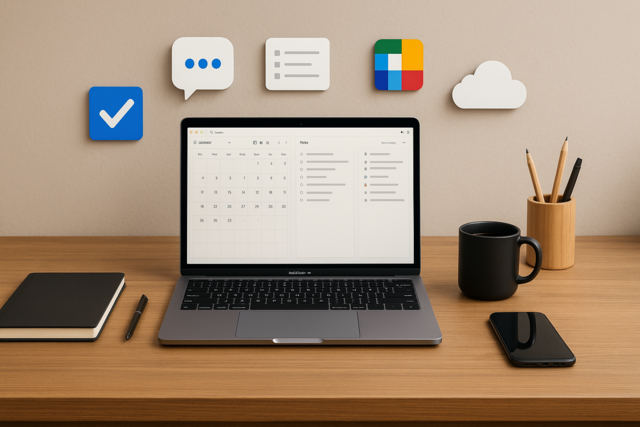 6 hours
0.6 CEUs
Productivity Tools for Modern Professionals
+ More Info
6 hours
0.6 CEUs
Productivity Tools for Modern Professionals
+ More Info


